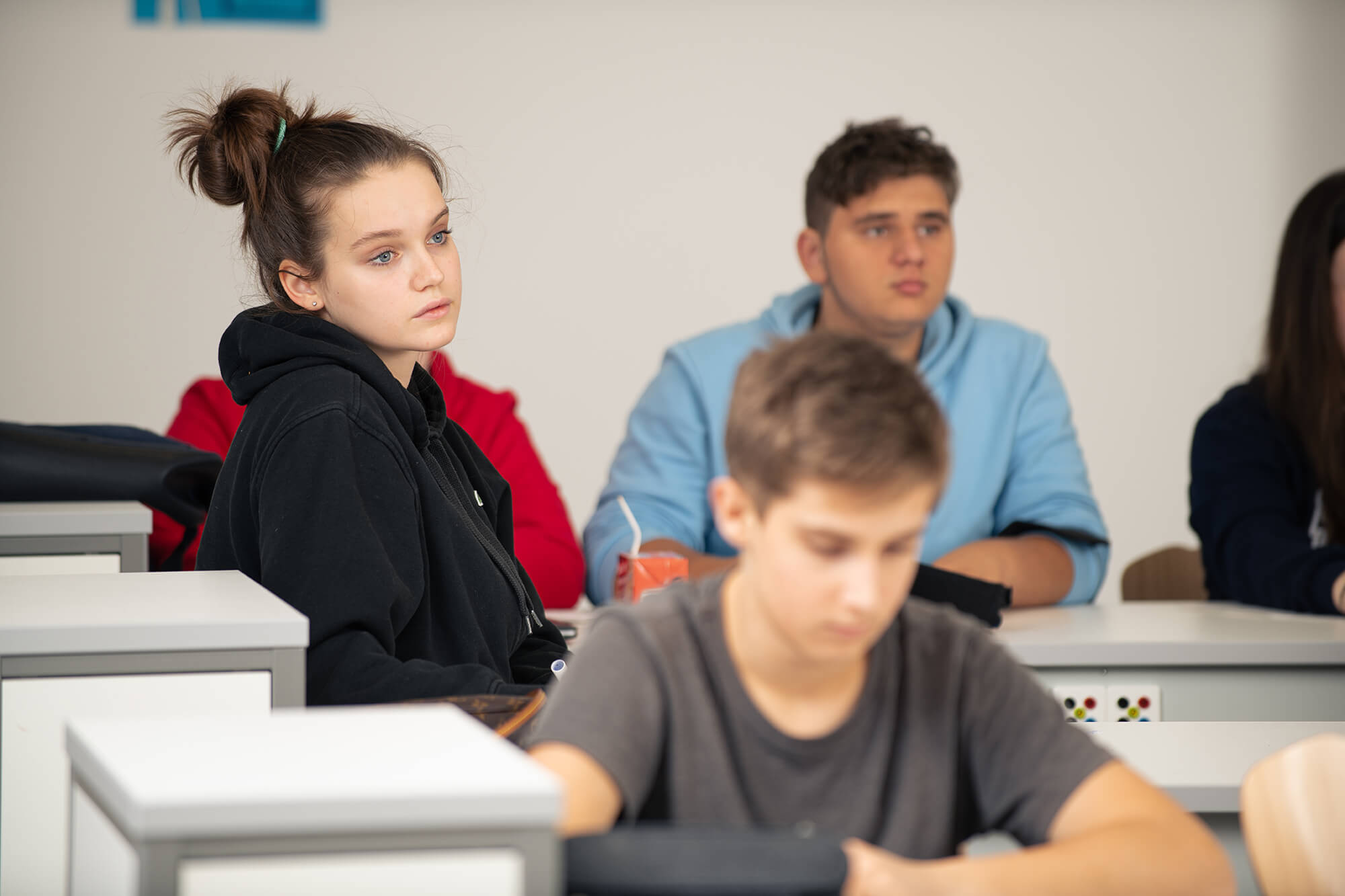
How to Help your Child with Time Management
Every beginning is challenging, but it is extremely so when time management needs to undergo radical change. Even the partial implementation of time management will noticeably help improve your child’s school performance, and make a positive change in the current paradigm of their life. Read on for tips on how to help your child with time management in secondary school.
Create an Effective Schedule
Having a schedule where your child can plan and record their annual, monthly, and weekly tasks and goals is one of the first steps toward the ability to manage time effectively. The best way to start is to take a calendar and enter all major school event dates, like tests, assignments, presentations, etc. which will give you and your child a better understanding of how to organise their time. After entering the important dates, you also need to enter deadlines, i.e. goals and stick to them. This approach has proven to be very useful for those students who start doing their assignments early. When it comes to large-scale tasks, like taking the Abitur exam, students can break them down into smaller chunks over the course of a set amount of time. Doing this helps increase their motivation in the long run, and reduces stress that usually occurs as the deadline for submitting assignments approaches.
Eliminate Distractions
It is easy for children to get distracted while studying, especially when the latest research from the "Jugend Digitalstudie" (Digital Youth Study) by Germany’s Postbank shows young people in the federal republic are spending more than 60 hours on the internet each week. Common distractions include texting, watching videos, checking social media, etc. Encourage your child to study without their phone in reach or if they are using a computer or a tablet, to close any apps unrelated to their studies. By eliminating these distractions, it will be easier for them to focus on their tasks, and study more efficiently and effectively, which in turn will give them more free time once they are done.
Avoid Multitasking
Multitasking reduces efficiency and may even be harmful, according to scientists. Based on research done by the American Psychological Association, mental juggling involves “switching costs” that slash productivity. Although task switching might cost only a few seconds per switch, it adds up if you multitask frequently. Subsequently, the risk of making errors also soars. Therefore, teach your child to focus on one task at a time so they can be as productive as possible and manage their time effectively.
Study in Shorter Intervals
As humans, we naturally like to overestimate our capacity for multitasking as well as the time it takes us to complete one task. Anyone who has assessed their own productivity has realised that they could not stay focused on one topic, teaching unit, or problem for more than 30 minutes. There are numerous learning techniques that speak of this, however, it is generally accepted that we shouldn’t study for longer than 30 minutes at a time, with breaks of 5 to 15 minutes between, depending on your child’s needs.
Get a Good Night’s Sleep
The final one on our list, and possibly the most important tip, is to make sure your child gets a good night’s sleep. This is especially important in adolescence when good sleep is essential for healthy development and the ability to use the full capacity of one’s cognitive potential. Research shows that teenagers 13 to 18 years of age should sleep 8 to 10 hours per 24 hours on a regular basis to promote optimal health. However, it has been noted that adolescents get 7 to 7.5 hours of sleep on average, which is insufficient. An adequate amount of sleep leads to growth hormone secretion (HGH), hormonal balance, as well as the occurrence of 5 sleep cycles and their three stages that contribute to optimal brain development, and consequently, better memory and cognitive abilities.
We hope this article helps you and your child to execute efficient time management practices. If you want to find out more about Mentora Gymnasium, you can make an appointment and visit our school or take part in one of the regular open days we host.
